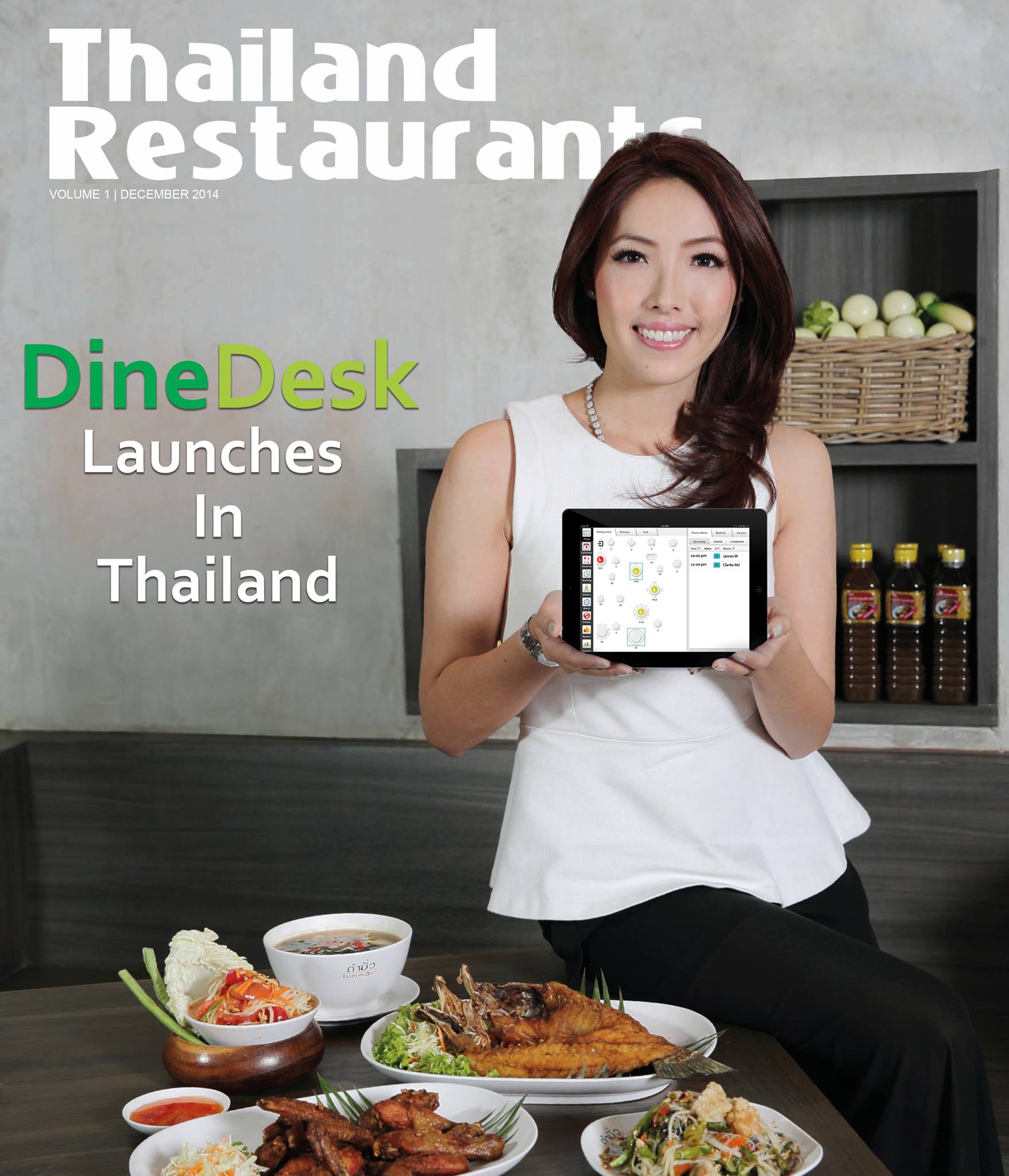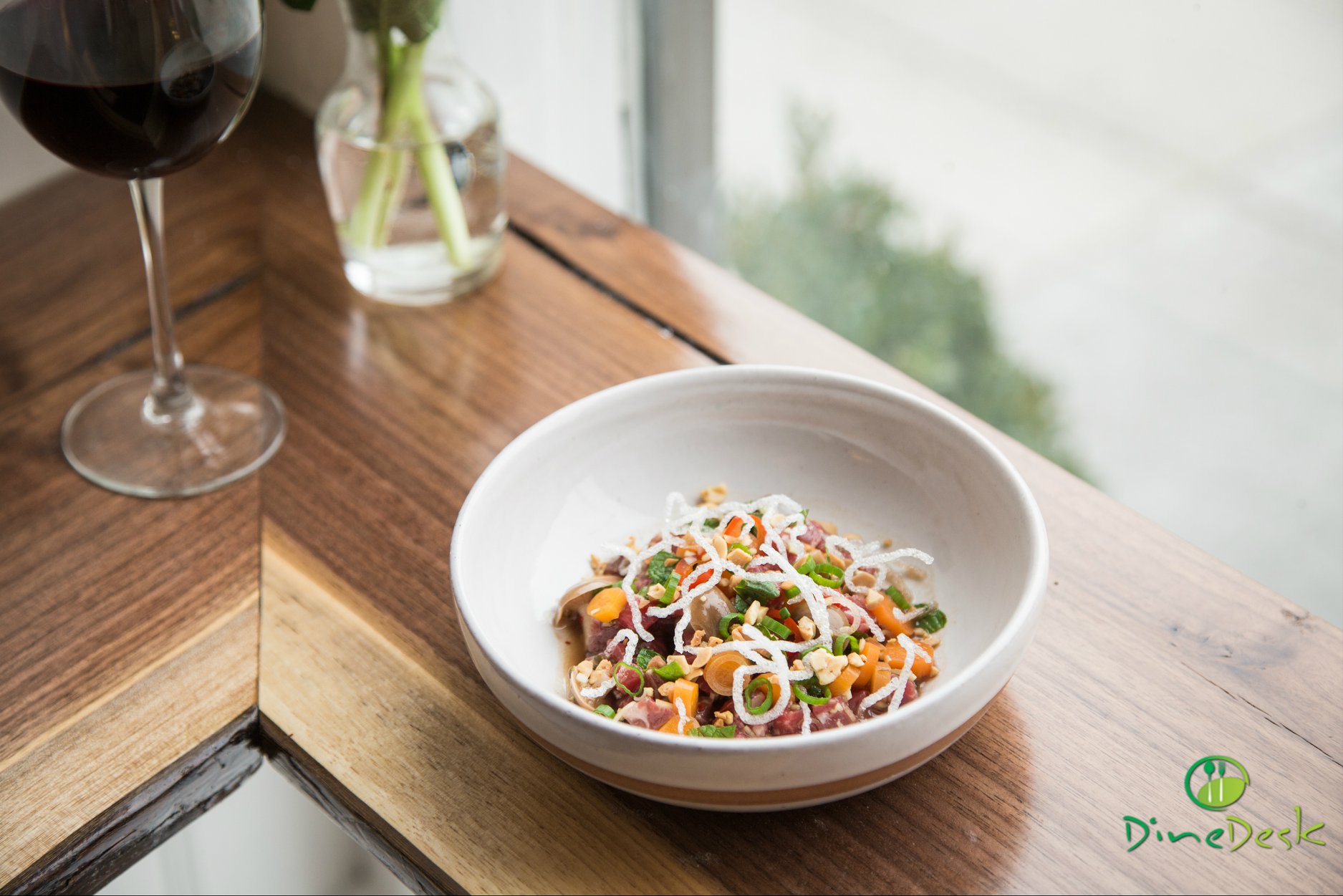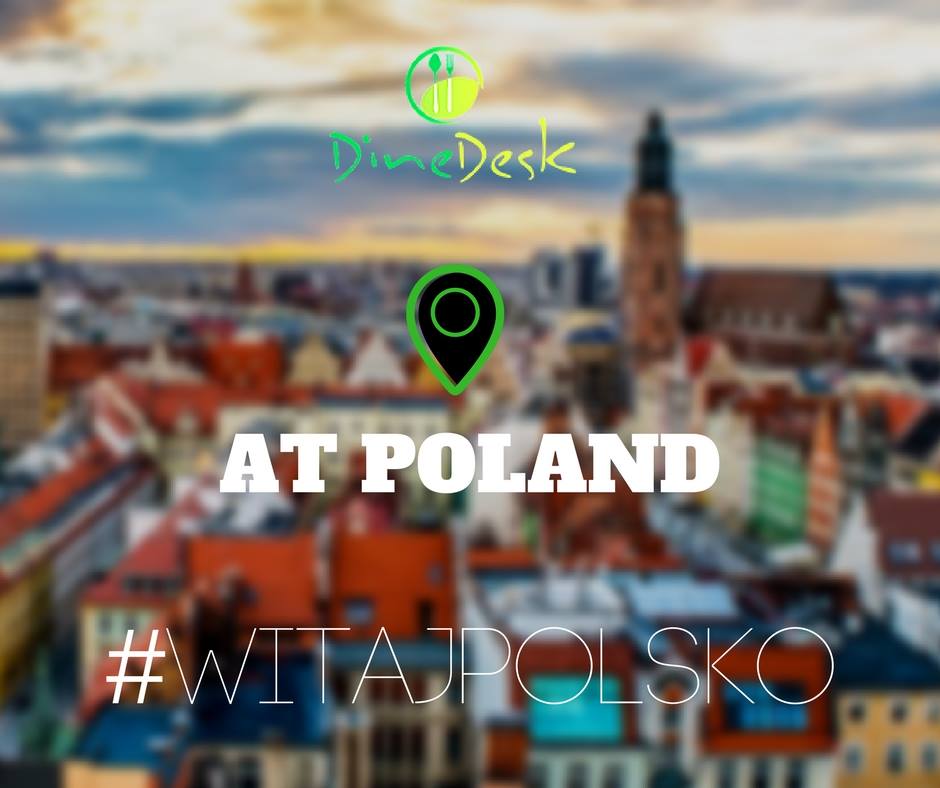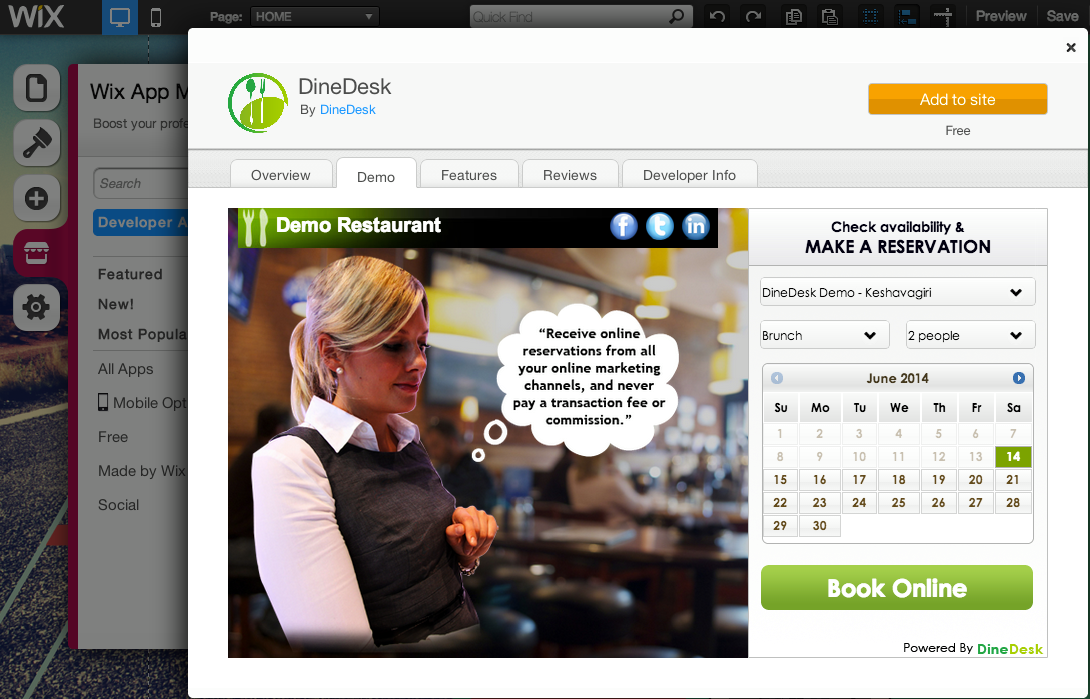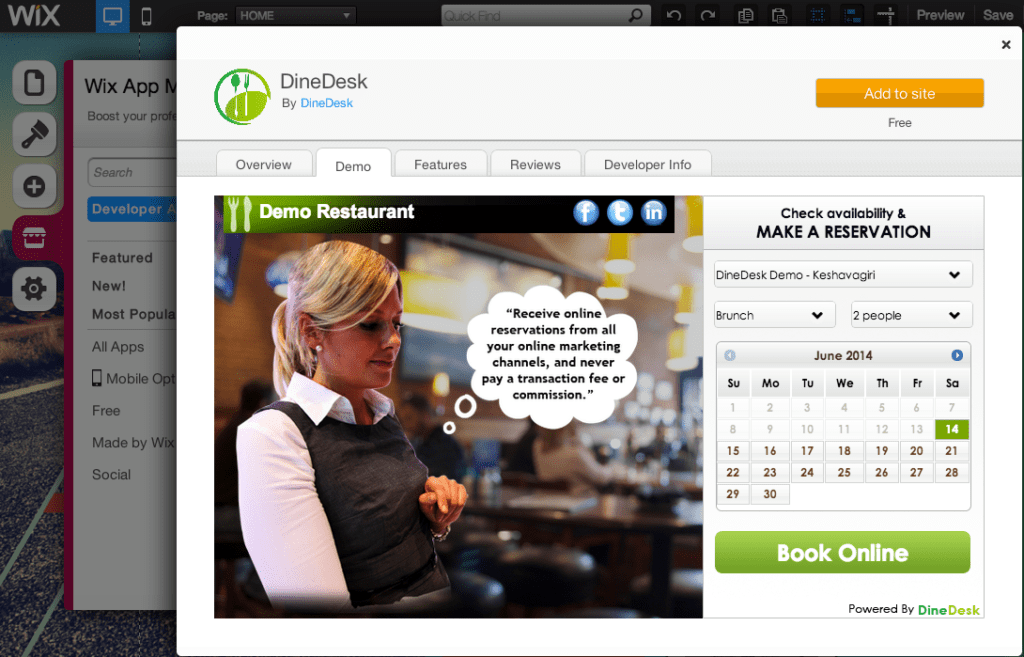
Case Study - Technology Company
Introduction
DineDesk is a comprehensive Front of House (FOH) management solution designed to streamline operations and enhance customer experiences in the restaurant industry. This case study explores the key deliverables of DineDesk's go-to-market strategy, digital marketing efforts, social media marketing, and sales initiatives.
Our Offerings
GO TO MARKET
To effectively launch DineDesk in the market and gain a competitive edge by targeting key customer segments.
DineDesk identified its primary target market as medium to large-scale restaurants, chains, and hospitality groups looking for a comprehensive FOH management solution. This included fine dining establishments, casual dining chains, and quick-service restaurants (QSRs).
DineDesk positioned itself as a solution that could streamline FOH operations, optimize table management, reduce wait times, improve customer satisfaction, and increase overall operational efficiency. The key value propositions included enhanced reservation management, waitlist optimization, table analytics, and customer relationship management.
To strengthen its market position, DineDesk formed strategic partnerships with reputable restaurant technology providers, point-of-sale (POS) system vendors, and reservation platforms. These partnerships allowed seamless integration with existing restaurant systems, enhancing the overall value proposition for potential customers
Our Offerings
Digital Marketing
To create brand awareness, generate leads, and drive customer engagement through various digital marketing channels.
DineDesk developed a user-friendly and informative website that highlighted its features, benefits, case studies, and customer testimonials. The website was optimized for search engines and designed to convert visitors into leads through lead capture forms.
DineDesk implemented a robust SEO strategy to improve search engine rankings for relevant keywords such as “restaurant FOH management,” “table management software,” and “reservation system.” This helped increase organic traffic and generate qualified leads
DineDesk created and shared valuable content in the form of blog posts, whitepapers, and industry reports. The content focused on addressing pain points faced by restaurant owners and managers, offering solutions and positioning DineDesk as an industry thought leader.
DineDesk utilized email marketing campaigns to nurture leads, provide product updates, and share success stories. Personalized and targeted emails were sent to prospects at different stages of the buyer’s journey to maintain engagement and drive conversions.
Our Offerings
Social Media Marketing
To build an active social media presence, engage with the target audience, and increase brand awareness.
DineDesk identified key social media platforms such as Facebook, Instagram, Twitter, and LinkedIn to reach its target audience effectively. Each platform was leveraged differently based on the nature of the content and the audience’s preferences.
DineDesk developed a social media content strategy that included a mix of informative posts, engaging visuals, customer success stories, and interactive polls. The content aimed to showcase DineDesk’s capabilities and generate interest in the solution.
To amplify its reach and credibility, DineDesk collaborated with influencers in the restaurant industry, including chefs, food bloggers, and industry experts. These partnerships helped increase brand visibility and attract a wider audience.
Our Offerings
Sales
To convert leads into paying customers and drive revenue growth
DineDesk utilized a multi-channel approach to generate leads, including website lead capture forms, content downloads, social media lead ads, and targeted advertising campaigns. Leads were then segmented based on their level of interest and engagement.
DineDesk developed comprehensive sales collateral, including product brochures, case studies, and demo videos. These materials effectively communicated the benefits and features of DineDesk, facilitating the sales process and addressing customer concerns.
DineDesk provided in-depth training to its sales team, ensuring they had a deep understanding of the product and its value proposition. The team was equipped with the necessary knowledge and sales techniques to effectively engage with prospects and convert them into customers.
DineDesk employed personalized sales strategies, offering tailored demonstrations, free trials, and discounts to prospects who showed high interest. This helped overcome objections and facilitated the decision-making process, resulting in a higher conversion rate.
